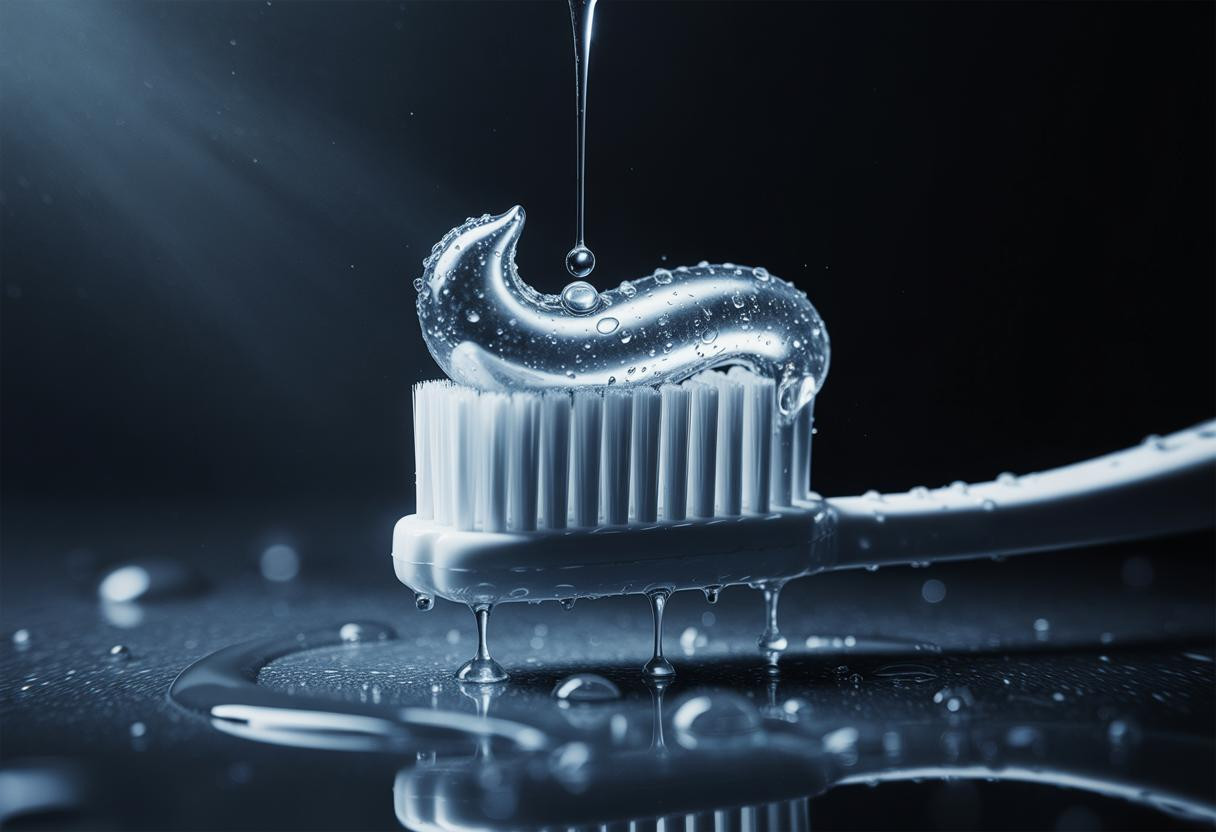Alarming news is spreading through the health community as certain toothpaste brands face serious scrutiny over potential neurological side effects. A recent investigation has uncovered the presence of dangerous heavy metals including lead, arsenic, mercury, and cadmium in popular toothpaste products—substances linked to serious brain and nervous system damage, particularly in children.
The shocking discovery behind your bathroom cabinet
Testing commissioned by independent consumer advocacy group Lead Safe Mama revealed that over 90% of toothpastes contained lead, 65% contained arsenic, and nearly half had detectable levels of mercury. These findings have sparked immediate concern among health professionals and parents alike.
“It’s unconscionable – especially in 2025 – that these toxic heavy metals are found in products used daily by children and adults alike,” says Tamara Rubin, Lead Safe Mama founder. “No level of lead exposure is safe.”
Tom’s Natural Kids Toothpaste at the center of controversy
A class action lawsuit against Colgate-Palmolive and its Tom’s of Maine subsidiary alleges the company’s “natural” children’s toothpaste contains dangerous levels of lead and arsenic. The legal action claims the company failed to disclose these neurotoxic contaminants while marketing their products as safe and natural alternatives.
Attorney Douglas White, who filed the lawsuit, states: “Parents purchased this toothpaste believing it was safe. Instead, their children were exposed to neurotoxins that can irreversibly harm brain development.”
Why children face the greatest risk
Children are particularly vulnerable to heavy metal exposure for several reasons:
- Smaller body mass means toxins have greater impact
- Developing brains are more susceptible to damage
- Children often swallow toothpaste while brushing
- Daily exposure compounds effects over time
The invisible threat: How heavy metals affect the brain
The impact of these metals on neurological function is like a silent saboteur—gradually interfering with crucial brain development without visible warning signs. Dr. Abigail Cline, pediatric oral health expert, explains that “these toxins disrupt normal neural connections, potentially causing permanent cognitive and behavioral changes before parents notice anything wrong.”
Beyond lead: The fluoride controversy
Adding to concerns, recent scientific research has linked high fluoride exposure to lowered IQ in children. A 2025 meta-analysis of 59 studies found statistically significant associations between elevated fluoride exposure and reduced cognitive function.
“We have moderate confidence that fluoride exposure above 1.5 mg/L is associated with reduced IQ in children,” notes a National Toxicology Program review.
Protecting your family: Immediate steps to take
If you’re concerned about toothpaste safety, consider these precautionary measures:
- Research brands that conduct independent heavy metal testing
- Supervise young children while brushing to prevent swallowing
- Consider alternatives like natural tooth-cleaning methods
- Stay informed about product safety alerts
The regulatory gap causing consumer concern
Despite known dangers, regulatory oversight remains insufficient. Many contaminated products fall below federal thresholds while exceeding stricter state limits like those in Washington. This regulatory patchwork creates confusion and potential risks for consumers nationwide.
Could this be another canary in the coal mine?
Environmental health experts suggest the toothpaste contamination issue represents a broader problem of toxic substances in everyday products. Like the silent environmental warnings we often miss, these findings may indicate a larger pattern of hidden toxins in personal care items.
As investigations continue and lawsuits progress, one thing remains clear: consumers deserve transparency about what they’re putting in their bodies. The toothpaste we trust for health might ironically be delivering something far more sinister than clean teeth—a sobering reminder that vigilance about product safety must never take a backseat to convenience or marketing claims.
